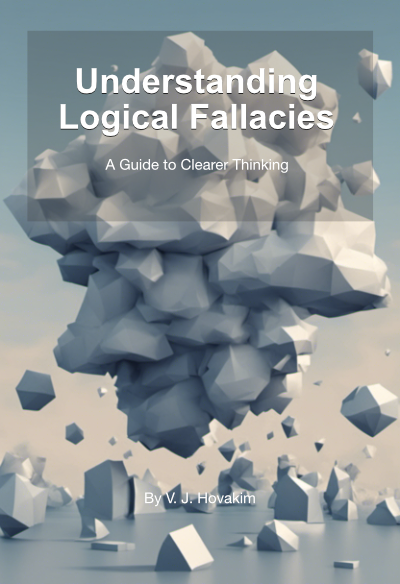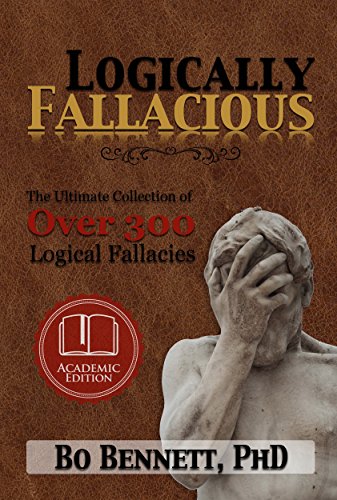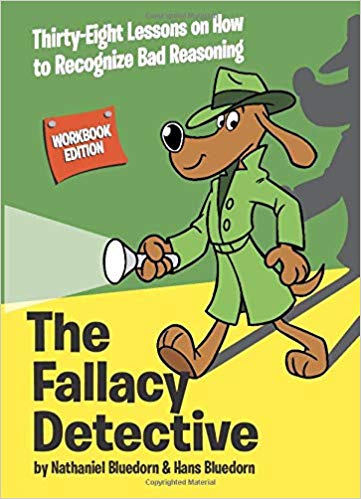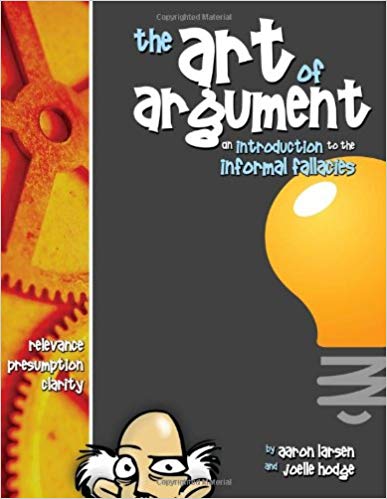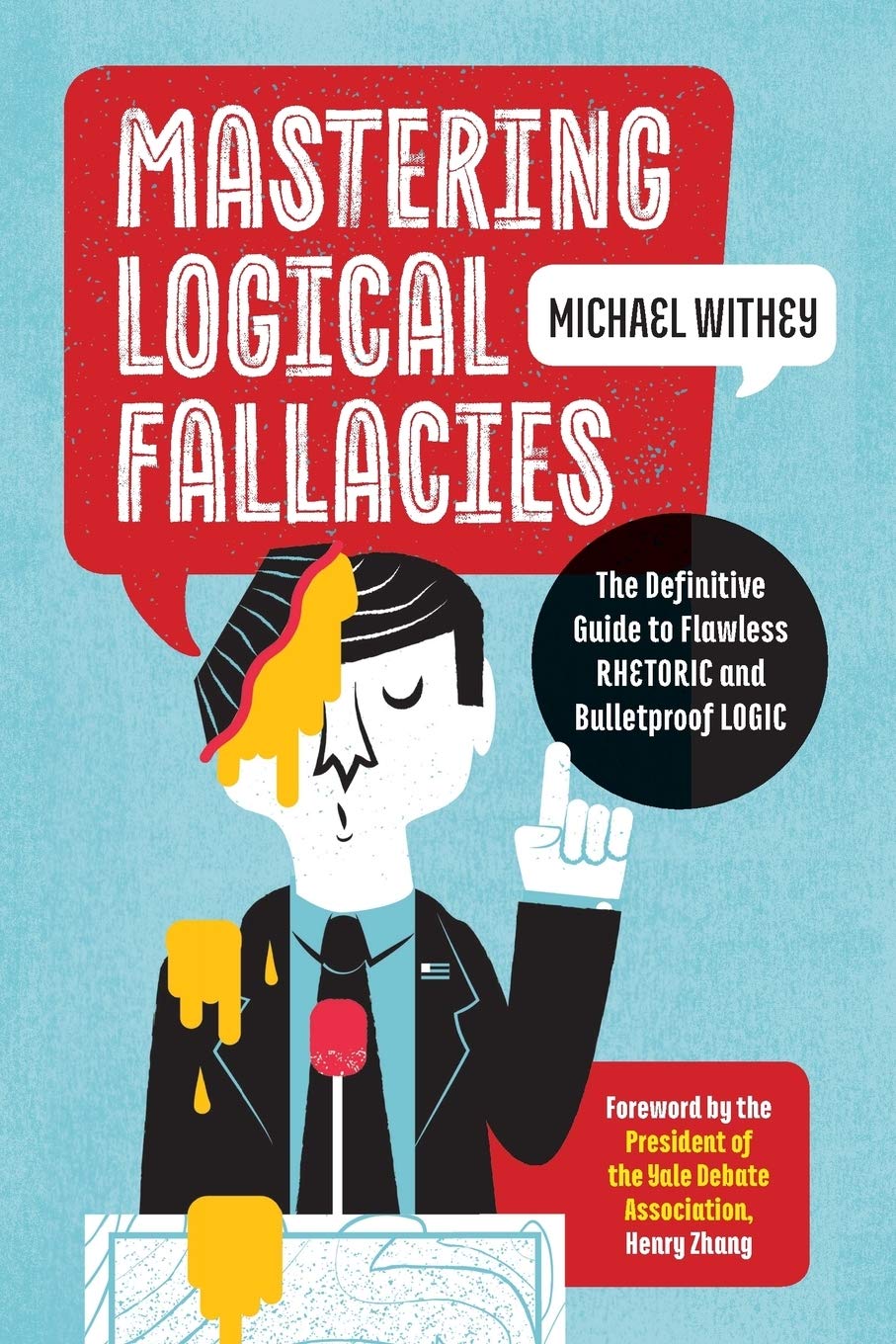In the world of logic and critical thinking, fallacies often emerge as deceptive arguments that, while seemingly persuasive, lack sound reasoning. Among these, formal fallacies are a distinctive category, characterized by flaws in the logical structure of an argument, as opposed to its content.
A formal fallacy is a pattern of reasoning that is always wrong due to a flaw in the logical structure of the argument, which renders the argument invalid. These fallacies are "formal" because they pertain to the form or structure of the argument, rather than the content or subject matter. They can be identified and evaluated independently of the argument's content, simply by analyzing the logical structure.
One of the most common types of formal fallacies is the fallacy of affirming the consequent. This fallacy takes the form of "If P, then Q. Q. Therefore, P." For example, "If it is raining, then the ground is wet. The ground is wet. Therefore, it is raining." This is a fallacy because there could be other reasons for the ground being wet, such as someone watering the lawn or a burst water pipe.
Another common formal fallacy is denying the antecedent. This fallacy follows the pattern "If P, then Q. Not P. Therefore, not Q." An example might be, "If I am in Paris, then I am in France. I am not in Paris. Therefore, I am not in France." This is a fallacy because even if I am not in Paris, I could still be in France, perhaps in Lyon or Nice.
The fallacy of the undistributed middle is another formal fallacy, which takes the form "All Z is B. Y is B. Therefore, Y is Z." For instance, "All dogs are mammals. A cat is a mammal. Therefore, a cat is a dog." This is a fallacy because even though both dogs and cats are mammals, it does not logically follow that a cat is a dog.
Lastly, the fallacy of affirming a disjunct is worth noting. This fallacy follows the pattern "P or Q. P. Therefore, not Q." For example, "It's either raining or it's sunny. It's raining. Therefore, it's not sunny." This is a fallacy because it's possible for it to be both raining and sunny at the same time, a phenomenon often referred to as a sunshower.
Formal fallacies, while less common in everyday conversation than informal fallacies, are crucial to understand for anyone studying logic or engaging in rigorous argumentation. They highlight the importance of maintaining a sound logical structure in an argument, as even a seemingly convincing argument can be rendered invalid by a formal fallacy.
Formal fallacies are errors in reasoning that occur due to flaws in the logical structure of an argument. They can be identified and evaluated independently of the argument's content. Understanding and recognizing these fallacies is a vital part of critical thinking and logical discourse. By being aware of these fallacies, we can avoid making them in our own arguments and critically evaluate the arguments presented by others, leading to more productive and rational discussions and decisions.
